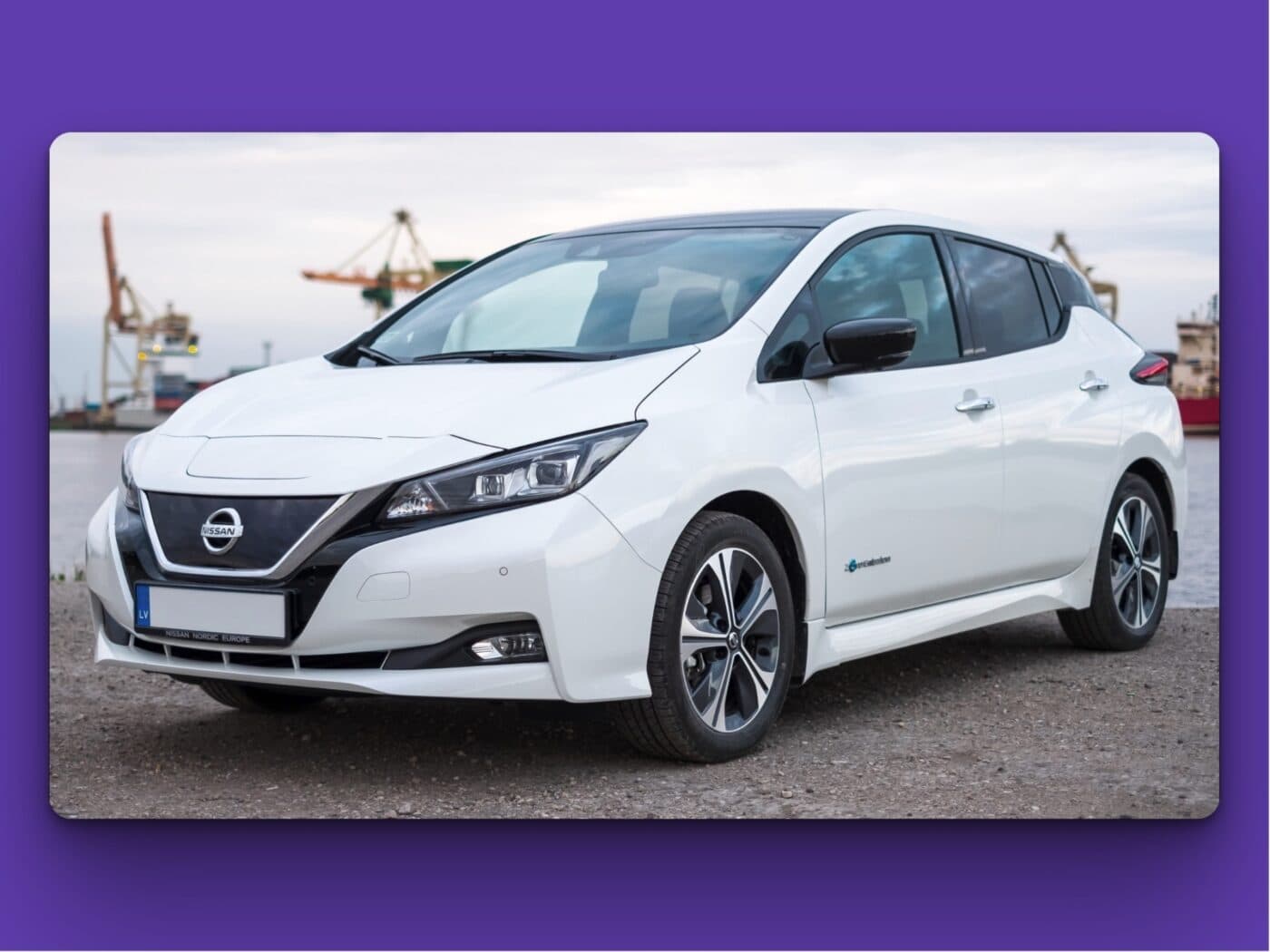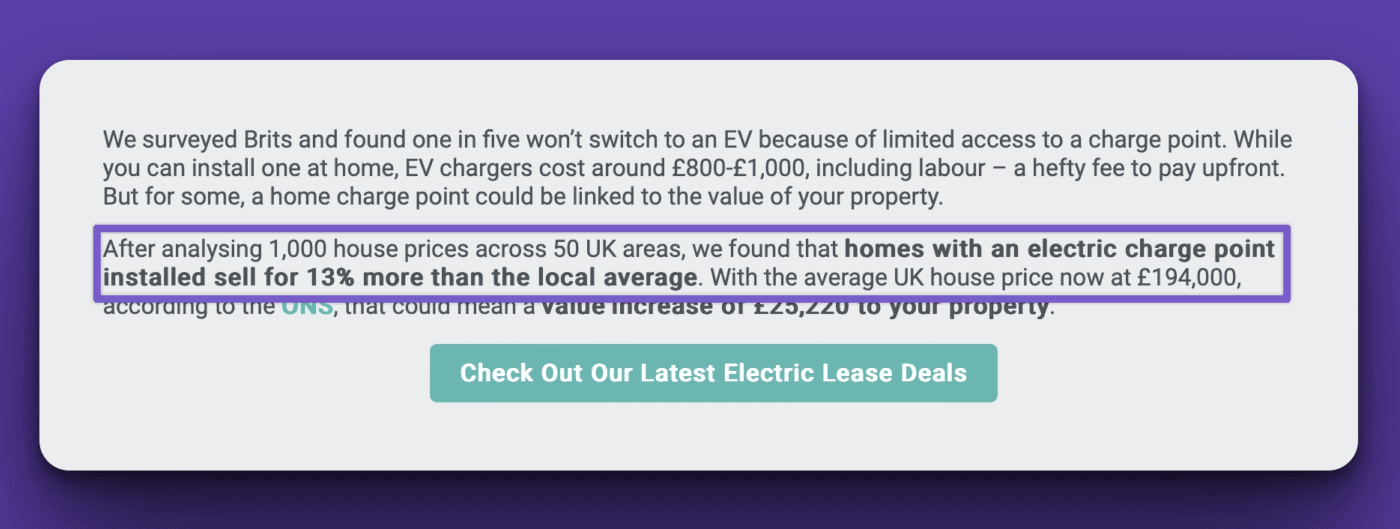
Property Management
Property managers - everything you need to know
We go through what a property manager will do for you and your investment property and some of the fees you can expect to pay for these services.
Property Investment
6 min read

Author: Tom Greene
Business Development Manager with 5 years Property Management industry experience. Property Investor in Christchurch
Reviewed by: Tiffany Bracey
Property Manager Team Leader at Opes Property Management Auckland.
Electric vehicles (EVs) are becoming more common on New Zealand roads. So – as a property manager – landlords often ask me: “Tom, should I install an EV charger in my rental property?”
That’s a good question and an important one too. Because on one hand, perhaps you can charge more rent for your property and attract a good tenant faster.
But, on the other hand, if tenants don’t care about EV chargers, then you could be wasting money.
So, in this article, you'll learn how many tenants have EV cars, how much EV chargers cost to install, and whether tenants are asking for them.
That way you can make the right decision for you.
Electric vehicles are becoming more popular. But, not that many New Zealanders own them.
While I don’t have the exact stats for tenants, about 1 in 38 cars in New Zealand are plug-in EVs. That means that they need an EV charger.
That’s 2.6% of all cars on the road. Think Tesla’s and Nissan Leaf-type cars.

Having said that Hybrid cars make up 7% if all vehicles. These use electricity to power them. But, they do not need to be plugged in. So Hybrid car owners won’t use an EV charger at home.
Still, over 90% of cars on the road are petrol or diesel.
Here’s the full breakdown:
EV cars tend to be newer, on average. So, they tend to cost a bit more. Homeowners are typically wealthier than tenants.
So it would be fair to assume that while 2.6% of cars are plug-in EVs – that percentage would likely be lower for tenants.
So, the demand for plug-in chargers is relatively low when we look at the data.
At Opes Property Management, we manage over 1,000 rental properties.
From our experience, tenants do not regularly ask for a property with an EV charger. The odd person might ask, but it doesn't mean they'll pay more rent.
Trade Me data supports this. Out of 12,400 rental listings available at the time of writing, only 43 mention that the property has an EV charger (0.03%).
So I do not see a lot of demand (or supply) for rental properties with EV chargers. And I don’t see evidence that properties with EV chargers rent faster (or for more money) than those that don’t have EV chargers.
Having said that, there are pros and cons to installing an EV charger in your rental property.
Even though tenants don’t often ask for EV chargers, some landlords still install them. Sometimes that’s because the property investor has green-based values.
For them, they see installing an EV charger as a way to support a clean-energy transition. They might view it as a chicken and egg situation – “if more landlords install EV chargers, maybe more tenants will buy EVs.”
They can also see it as a way to future-proof their properties. Even though the number of plug-in EVs is currently low, it is growing.
So over time, tenants may start to want an EV charger. So property investors can see this as getting ahead of the game.
And while only 2.6% of cars in NZ are plug-in electric, some areas have more plug-in EVs. So if you own a property in those areas then having a charger may give you an advantage.
On the other hand, EV chargers cost money to install. And the truth is that they don’t add much value to your property or help it rent for more money in most areas.
So in 2025 there doesn’t appear to be a tangible return for your investment.
Let’s say you want to install an EV charger. There are three main types:
Most landlords considering an EV charger would be looking at a level 2 wall box.
The typical cost for installation ranges from $2,000 - $3,000. This includes:
These are the standard costs. But, of course, the cost can climb much higher.
I had this exact conversation with an investor just last week. There was a miscommunication about installing an EV charger in his investment property.
The EV unit/charger itself cost $1,100 +GST.
But in this particular scenario the installation was high. It cost another $4,000. All up, it was going to cost about $5k.
This extra cost was because this EV charger was installed in a townhouse. To add it in the builders had to tear up the concrete driveway. That’s where the extra costs came in.
There's little evidence that an EV charger significantly increases property value. A UK study from a car-leaing company found homes with EV chargers were more expensive.

But it's unlikely that the EV charges are the reason behind that. It could mean that the people who have more money own EV cars.
So, it's likely that higher-income homeowners install them. And people with higher incomes tend to buy more expensive properties.
So it’s not that the charger adds a lot of value. It’s just that rich people buy EVs.
If you install an EV charger in your house, you'd be lucky to recoup the cost, in my experience.
I don't think you'd be able to sell that property and say, "My $800k property is now worth $803k because I've got a $3,000 EV charger installed."
For adding value, other improvements—painting, recarpeting, updating fixtures—give a better return than adding an EV charger.
Location does have a part to play. There is a bit of variation around the country.
Most EVs are in Auckland, particularly in wealthier suburbs.
Waiheke Island is a hotspot.
That's probably because there are limited petrol stations on the island and petrol is more expensive.
But I also think it's because you're not driving large distances as often, unlike living in Auckland.
On top of that, people who own property on Waiheke Island tend to have more money.
On the flip side, EVs are least common in rural areas and small towns like Dargaville, Hokitika, and Whanganui.
The places with the fewest sales are Dannevirke in Manawatū, Whanganui, and Waitara, a very small town up in Taranaki.
That does mean if you own a rental property on Waiheke Island, you’re more likely to need an EV charger than a place like Waitara.
More people are buying EVs. But, it's still a niche market.
At their peak, plug-in EVs made up 15% of new car sales in New Zealand, thanks in large part to government incentives.
But with the Clean Car Discount now scrapped, demand has slowed.
Now, some people will say: "I don't really care about the data. I care about providing a house that has got some of these extra features. I care about green features, so I want to install one."
If that's you, then installing an EV is definitely the right move.
However, from a cold, hard investment standpoint, demand is too low to make it a priority for me or the investors I work with.
Until at least 10% of vehicles are electric, it's unlikely to be a significant factor in rental demand or property value.
For now, investing in property upgrades that add proven value is a better use of funds.
Business Development Manager with 5 years Property Management industry experience. Property Investor in Christchurch
Tom Greene is the Business Development Manager at Opes Property Management in Christchurch with over five years of industry experience and is also an experienced property investor. Tom provides tenancy guidance and insight to those both starting and continuing their investment journey.
This article is for your general information. It’s not financial advice. See here for details about our Financial Advice Provider Disclosure. So Opes isn’t telling you what to do with your own money.
We’ve made every effort to make sure the information is accurate. But we occasionally get the odd fact wrong. Make sure you do your own research or talk to a financial adviser before making any investment decisions.
You might like to use us or another financial adviser